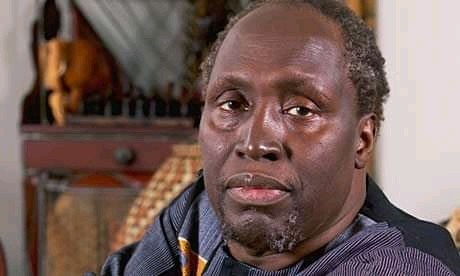The unfolding drama in the life of Mrs. Alice Ukange and her twin daughters reads like a plot straight out of a Nollywood movie, but the harsh reality of their situation is undeniable. In the aftermath of the farmers/herders crisis that has plagued Nasarawa and neighboring states, Mrs. Ukange found herself entangled in a complex web of relationships that has left her in profound distress.
The narrative begins with Mrs. Ukange, a widow who lost her husband, Francis Ukange, in the farmers/herders crisis. Faced with the challenges of single parenthood, she ventured into farming and petty trading to sustain her family, eventually relocating to Assakyo, a suburb community in Lafia, Nasarawa State. There, she encountered Mr. Augustine Angwe, an indigene of Vandeikya Local Government Area, Benue state, who was involved in the buying and selling of raw food items.
A relationship developed between Mrs. Ukange and Mr. Angwe, leading to the latter becoming a part of the family. They embarked on a joint business venture, buying yams from local farmers and transporting them to Lagos and Port Harcourt for sale. This arrangement seemed to provide stability for the family, with Mrs. Ukange frequently away on business trips.
However, the seemingly harmonious picture took a dark turn when it was revealed that Mr. Angwe had allegedly exploited his position as a father figure to Mrs. Ukange’s twin daughters, Philomina and Patricia. He allegedly lured them with luxury items, leading to both sisters becoming pregnant, with deliveries two months apart.
Mrs. Ukange, devastated by the revelation, contemplated suicide, overwhelmed by the shame brought upon her by her daughters. In an interview, she expressed her disbelief at the betrayal, stating that her late husband had warned their daughters against abortion, instilling a fear that prevented the girls from disclosing the identity of the father.
Mr. Angwe admitted to impregnating the twin sisters but claimed they had lured him into the relationships. He expressed remorse and suggested moving the twins to Makurdi to avoid public shame. Both Philomina and Patricia, now mothers, shared their regret and acknowledged the gravity of their actions.
The situation has left the family and the community in shock, with neighbors and relatives finding it difficult to comprehend the taboo-like nature of the events. The Tiv people, to which the family belongs, consider such occurrences unthinkable.
As of now, the matter has not been reported to the Nasarawa State Police Command, leaving the family to grapple with the consequences of their internal strife. The tale serves as a stark reminder of the complexities and challenges faced by individuals in the aftermath of crisis situations and the unexpected turns life can take.



